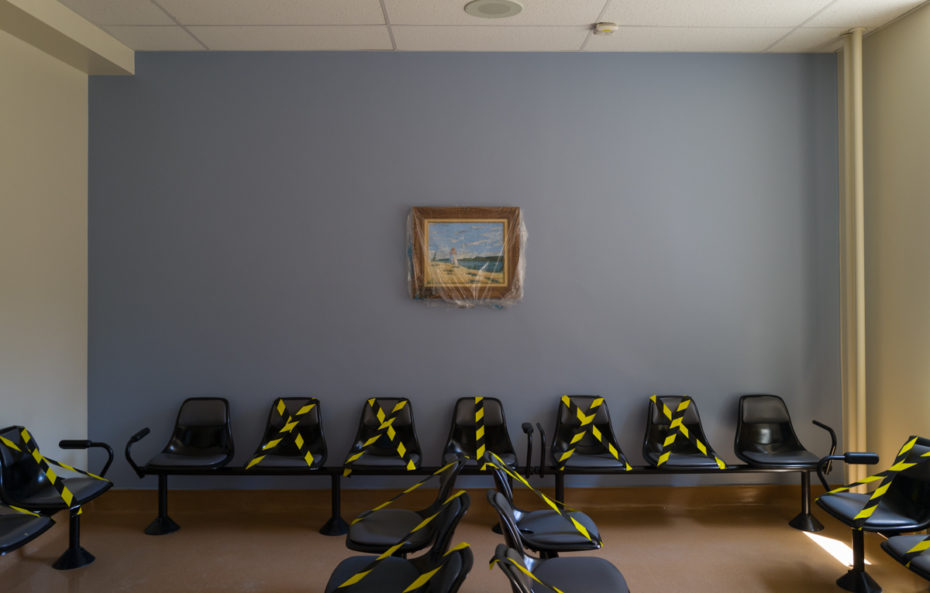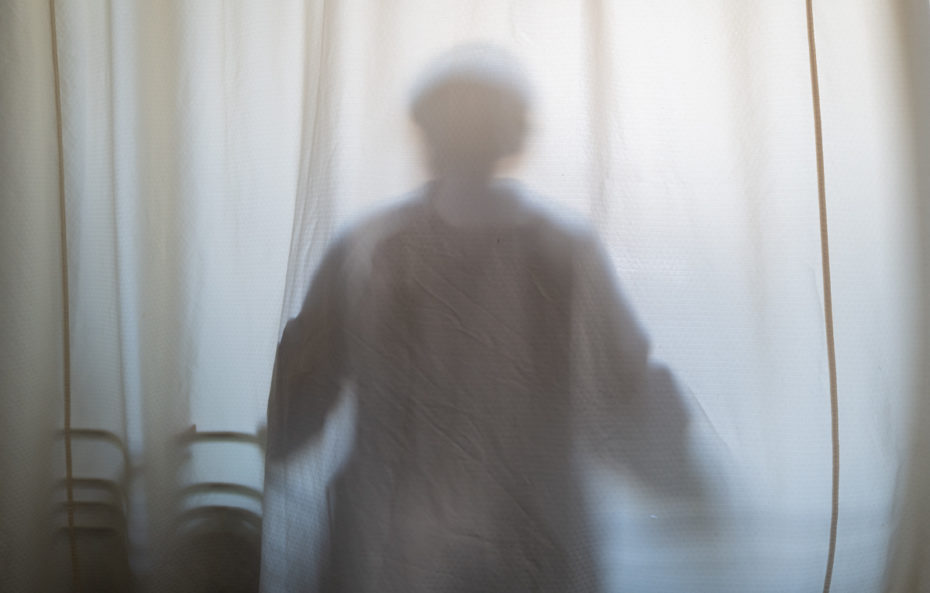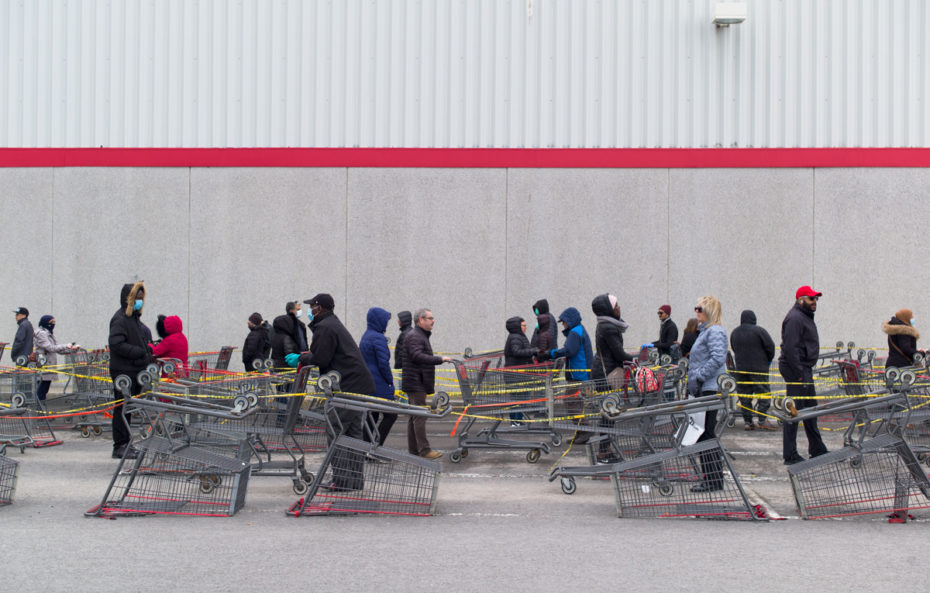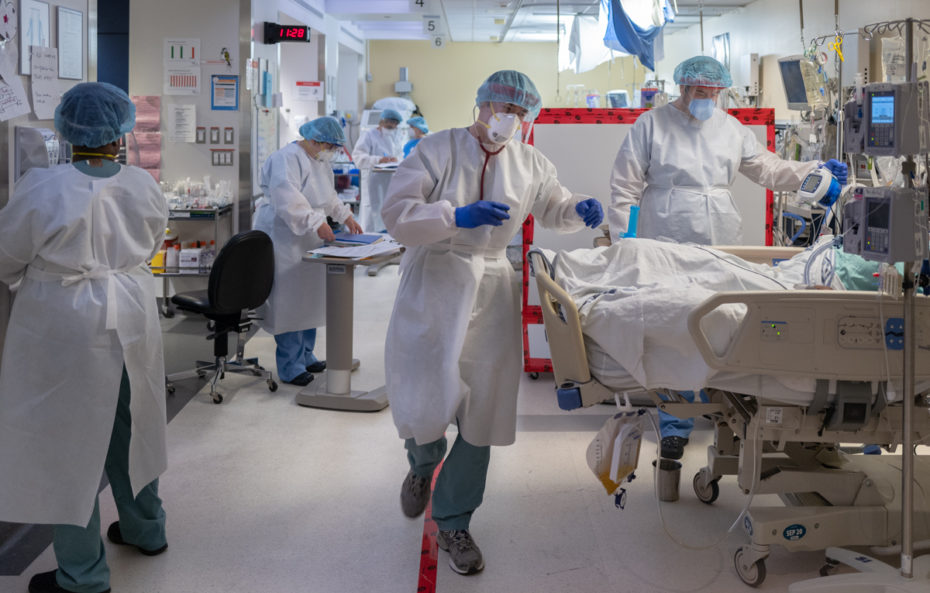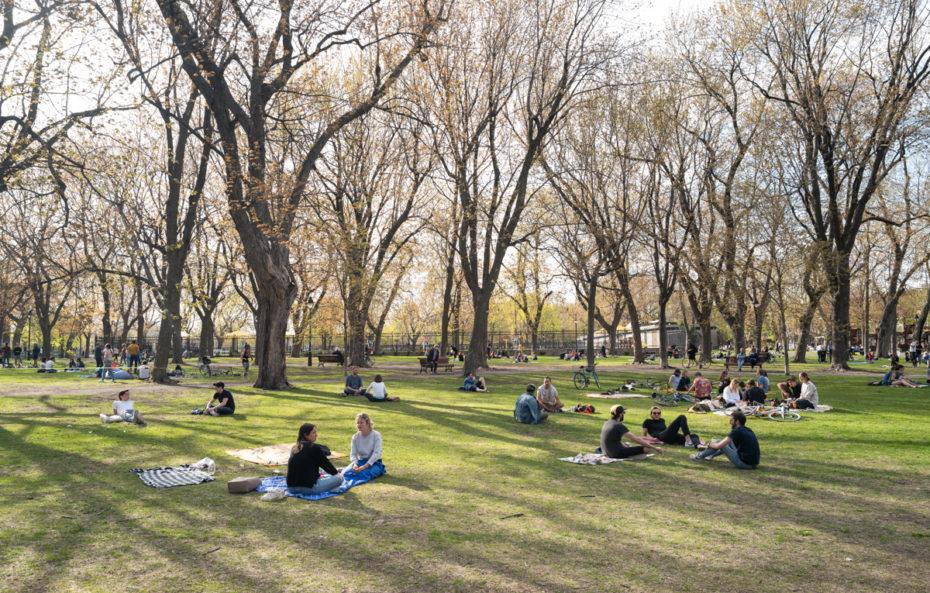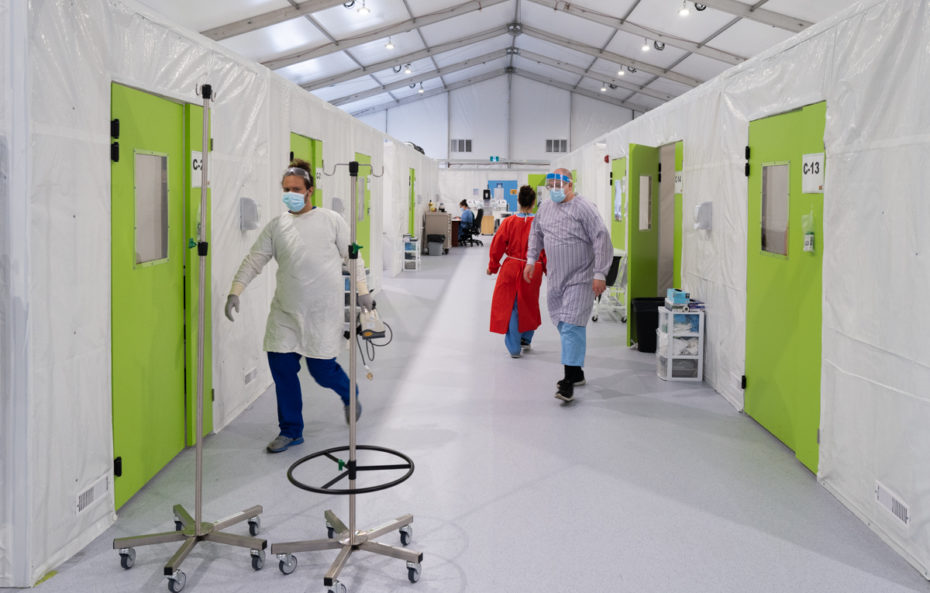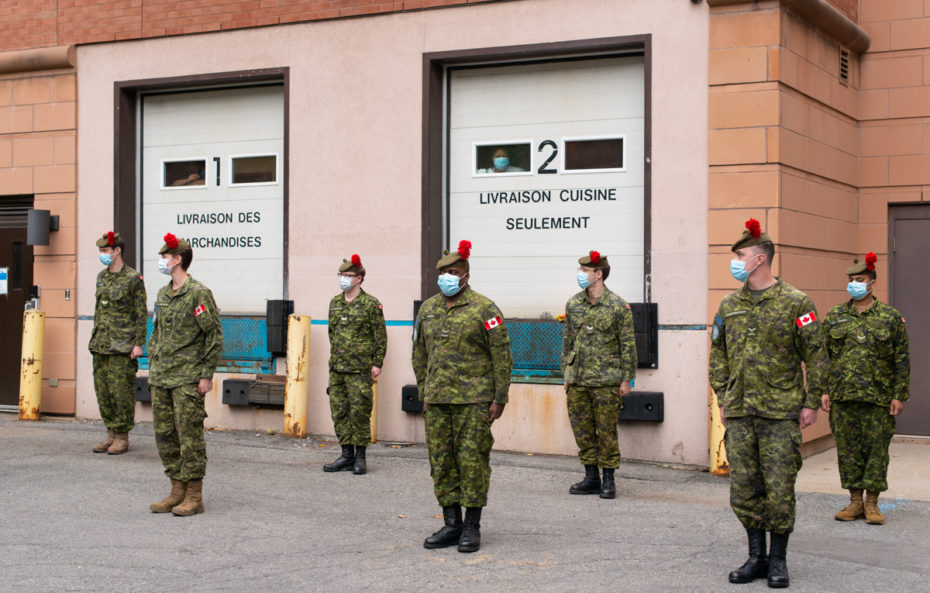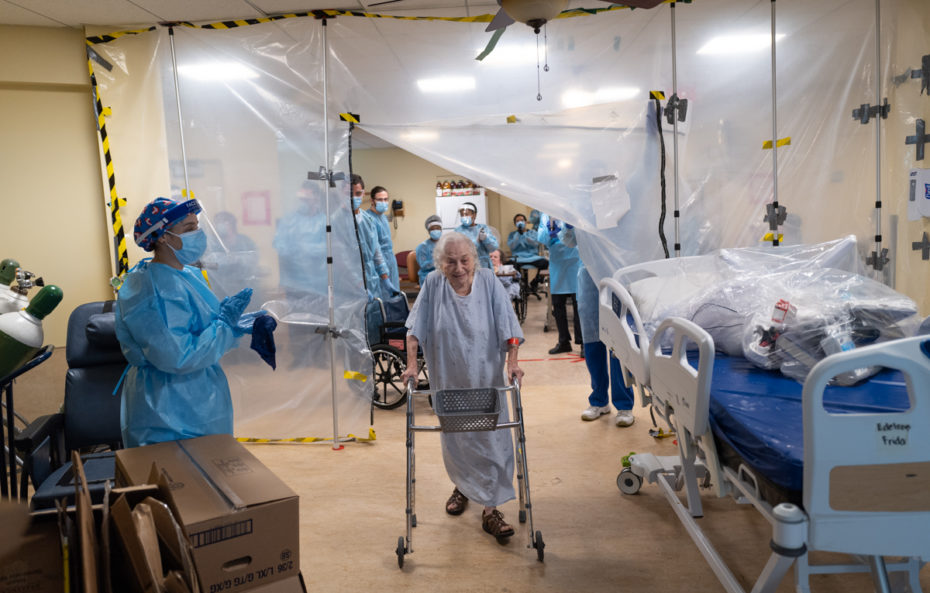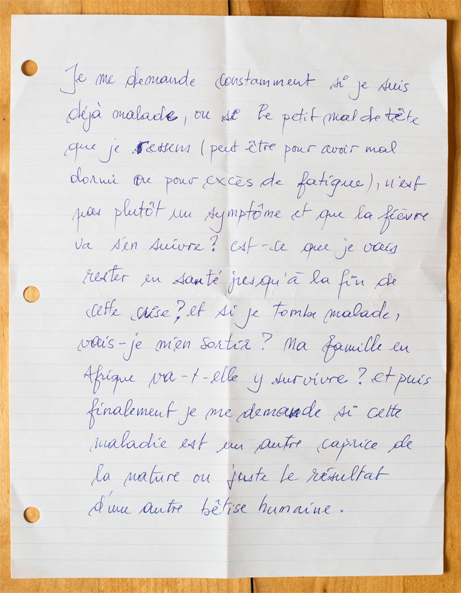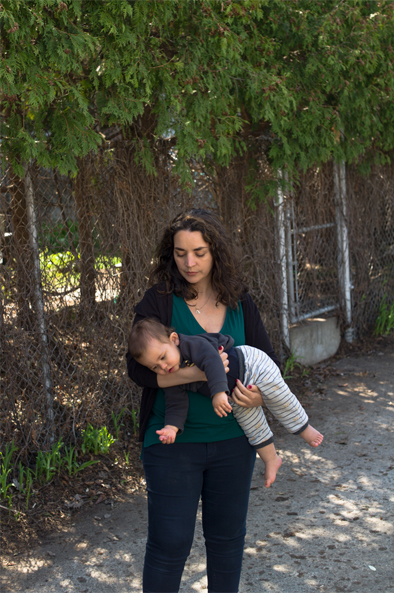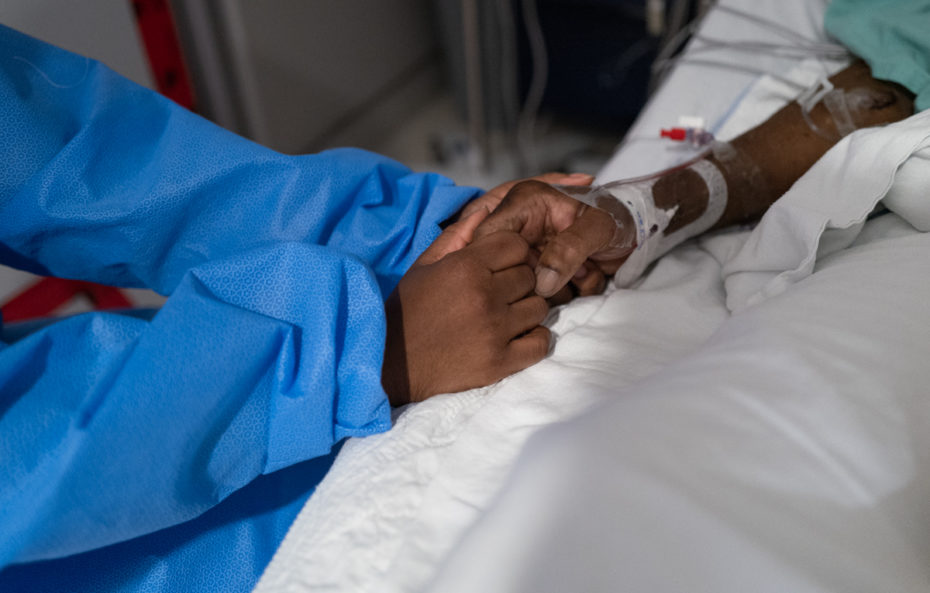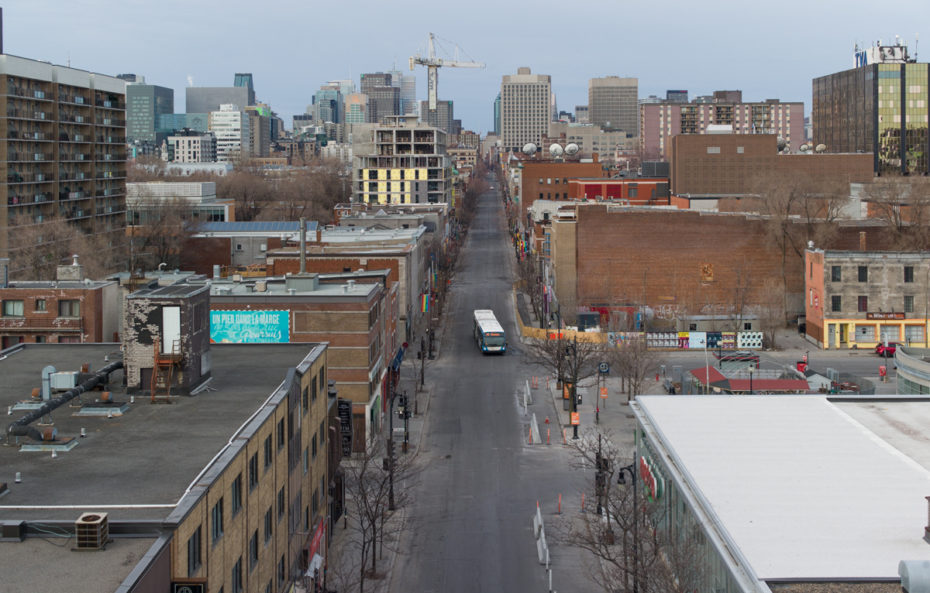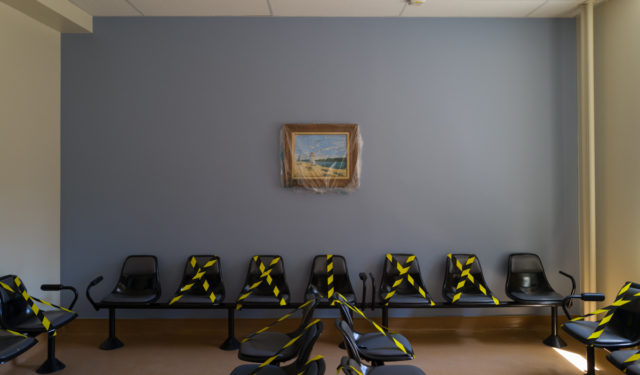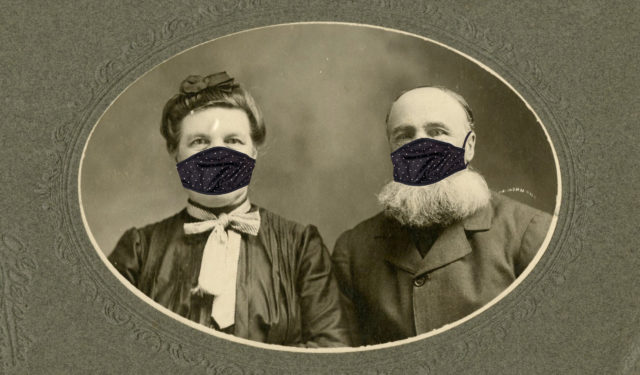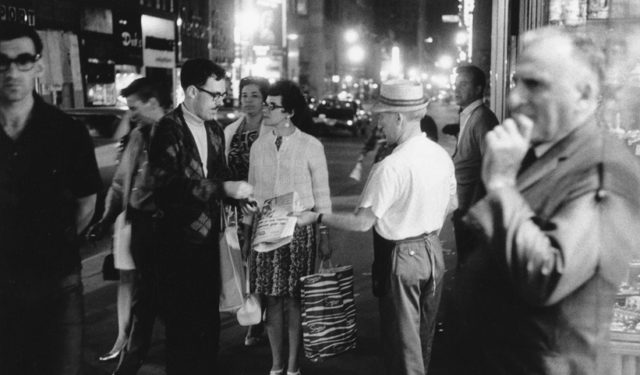Documenting the Early Days of the Pandemic in Montreal: Mission Accomplished
Documentary photographer and artist Michel Huneault went to Montreal healthcare institutions in the heart of the crisis to immortalize the pandemic.
February 23, 2021
In early 2020, Montrealers were following the epidemic ravaging the Chinese city of Wuhan from a distance, until the city recorded its first case of coronavirus at the Verdun Hospital on February 27. The COVID-19 virus then began spreading throughout Montreal and, with it, insecurity and fear. On March 12, Quebec entered a province-wide shutdown.
Confronted with this incredible phenomenon, the McCord Museum quickly realized the urgency of documenting what would come next. As a museum of social history and the repository of a vital collection of photographs on the history of Montreal, the institution needed to create an immediate visual archive of the pandemic, as it was unfolding in the city. The Museum asked photographer Michel Huneault to carry out this challenging and uncertain mission.
This photographic mandate took him to the heart of the crisis, to the COVID units of the Verdun and Notre-Dame hospitals, as well as the Maimonides Geriatric Centre. Received by care teams over a period of several weeks, Huneault had an opportunity to photograph the critical core efforts unseen by anxious Montrealers stuck at home. Outside the hospital walls, he also gathered personal stories and documented the pandemic’s impact on life in the city. His work invites reflection on these two very different, contrasting points of view.
This initiative has enriched the Museum’s collection with a series of photographs that remind us what happened during the three first months of the pandemic, from April 7 to July 7, 2020, a period we have already internalized or started to forget as we experience subsequent waves of infection.
Although the vaccination effort is underway, Quebec has now recorded over 10,000 coronavirus victims and will soon mark the one-year anniversary of the first lockdown. Therefore, it seems like an opportune moment to share some selections from Michel Huneault’s collection of pandemic photographs. When conditions permit, the Museum will present an exhibition created with the photographer so that we may reflect, as a community, on this traumatic event and pay tribute to the hospital staff, patients and families who contributed to this collective memory.
Michel Huneault
Michel Huneault is a documentary photographer and visual artist. Committed to a personal, humanist approach, he brings together still images and immersive elements in his work. He is interested in collective trauma, migration and other geographically complex realities such as the consequences of climate change.
Michel Huneault has a master’s degree from the University of California, Berkeley, where, as a Rotary Peace Fellow, he studied the role of collective memory after major traumatic events. He studied under and assisted Magnum photographer Gilles Peress at Berkeley and in New York City. Before devoting himself to photography full-time in 2008, he worked in international development for over a decade, a career that took him to over 20 countries, including Afghanistan, where he spent an entire year in Kandahar.
His project documenting the Lac-Mégantic train disaster won the 2015 Dorothea Lange-Paul Taylor Prize in the United States. In 2016, his project Post Tohoku about the aftermath of the tsunami in Japan was nominated for the seventh Prix Pictet award and received an Antoine-Desilets award in Quebec. In 2018, his series ROXHAM was transformed into a virtual reality project by the National Film Board of Canada. He develops his projects in different chapters, presenting them on complementary platforms ranging from traditional media to contemporary art spaces.

